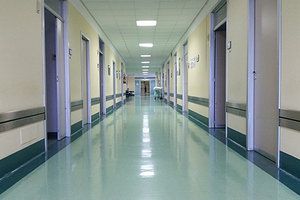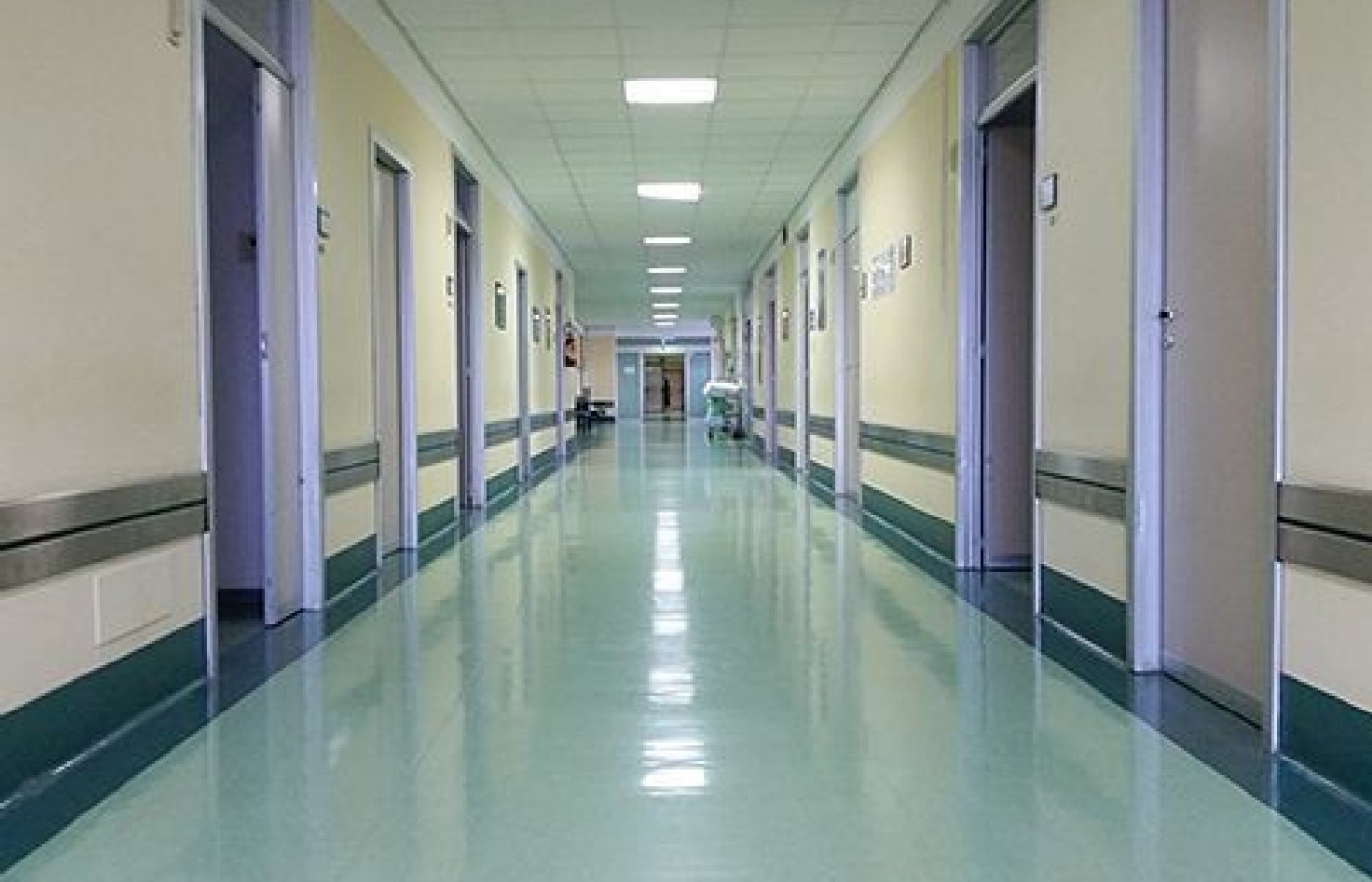The most important relationship I seek to nurture in the treatment room is the one a patient has with their own body. We live in a culture that teaches us to override pain, defer to outside authority, and push through discomfort. Patients often arrive hoping I can “fix” them, but the truth is, we can’t do the work for them. We can offer guidance, insight and support, but healing requires their full participation.
The Future of Acupuncture Schools
"So, it was a busy year. How's it going?" The question elicits a cheerful laugh from Sue Gorman, the executive director of the New England School of Acupuncture (NESA). To say it was busy year is an understatement.
One year ago, NESA welcomed its first incoming class as part of Massachusetts College of Pharmacy and Health Sciences (MCPHS). The affiliation transformed NESA, an acupuncture school, to one now operating within a large regionally accredited health sciences university.
The change afforded a host of opportunities to NESA students, faculty, and alumni, including beautiful, newly re-designed facilities on the university's Worcester, Mass. campus; interprofessional educational opportunities; and outreach to new patients.
Medical Education & AOM
"NESA is the city of Worcester's first medical education program rooted in the traditions of acupuncture and Chinese medicine, and with this distinction comes great opportunity," explains Gorman. NESA's new home campus allows students to work with a brand-new population, reaching patients who may not have been aware of the benefits, or even the existence of acupuncture.
"We opened our on-site clinic, led by a licensed acupuncturist, so that we could begin to show the community who we are," said Gorman. "At first, we weren't sure that anyone would be willing to try acupuncture treatments. But right now you can't get an appointment. We are booked solid for the next two months." For NESA, the city of Worcester was a perfect fit. "We have patients from the Worcester area who've worked hard, physical jobs their whole lives," said Gorman. "Retirees from those jobs live with a lot of daily pain, including arthritis and untreated injuries. But we're also getting folks who have migraines, allergies, head injuries — many who never had acupuncture before but really wanted to try it."

Program Popularity
From day one, patients have streamed through the clinic's doors and maintained their treatment plans over time. Pauline Hale, a patient with long-term chronic pain, is impressed with what acupuncture has helped her achieve. "I've been coming to NESA in Worcester for almost a year now for my fibromyalgia and have gotten tremendous pain relief," she said. "I am more than happy — no, thrilled — with my treatments. Acupuncture has made a huge difference in my life! I am now able to go up and down stairs at home much easier."
Gorman points to the importance of positive patient interactions like this, taking place within an integrated health sciences educational community. NESA has long advocated for acupuncture's acceptance by insurers and other health care practitioners, and opening a dialogue and highlighting evidence-based care within an interdisciplinary environment is critical for the advancement of the field.
Real Integration
"I always dreamed that one day, I'd see a pharmacist or a physical therapist say to their patients, 'Have you considered acupuncture?' That's happening here on our Worcester campus," said Gorman. "Our acupuncture and Oriental medicine students hosted an open house for students from all the other programs, our faculty have been invited to serve as guest lecturers in other programs, and we're exploring having our students share introductory core science courses with other students." Current students are excited to see the positive impacts of this emphasis on interprofessional education opportunities.
"It's been a wonderful ride so far, seeing how the perception of acupuncture is already spreading to the surrounding community and fellow students in other programs, and seeing more integration now in hospitals," said Christie Dryer, a second year student in the Master of Acupuncture (MAc) program. These interprofessional experiences extend beyond the classroom and the university's on-site clinic, as students undertake clinical placements at leading hospitals such as Boston Medical Center, and Massachusetts General Hospital, explains Maria Broderick, Director of Clinical Education at NESA.
A Rewarding Experience
"We're leading the way in facilitating immersion in multiple major Western medical facilities," said Broderick. "This is a truly interprofessional experience, where our students work side by side with those from other disciplines."
The focus on collaborative practice has positively impacted faculty and staff, as well as students. NESA now hires full-time faculty members, and faculty serve more integrated roles within a larger organization. "Our faculty participate in retreats, meetings, and committees alongside all other university faculty," says Meredith St. John, Dean of Acupuncture and Oriental Medicine. "They have new responsibilities, and new opportunities for teaching, scholarship, and service."
St. John points to these changes as pivotal for the field. "For a long time, our faculty worked as adjuncts, not for material rewards but for a love of the mission," said St. John. "We're impressed by how much the influx of resources and opportunities of a large university has enhanced that mission. This is the future of acupuncture — total integration within a larger healthcare community."



